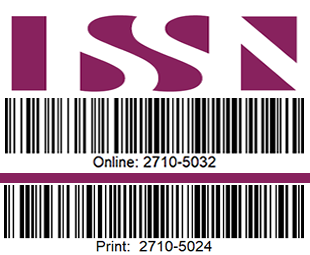Parables in the Qur’ān and the Bible: A view in Modern Epistemology
Keywords:
The Quran, The Bible, Parables, Psychology, Philosophy, EpistemologyAbstract
Allah the Almighty is the Creator and Sustainer of all the worlds. He has created mankind from a drop of sperm (zygote). He has passed this zygote through different phases in the womb of mother and brings a complete human being from it. He has declared mankind His best creation among all the creations. As, He is the Creator of the mankind, He loves them more than anyone, He knows the psychology of human beings. For the sake of progress and tranquility of mankind in both worlds He always sends His Apostles for their enlightenment. The main fidelity of these Apostles was to transform the Divine language into human language. These Apostles have adopted different methods of teaching for human contemplation under the light of Divine instructions. Parabolic method is one of these methods embraced by the Apostles of Allah to teach human beings. Teaching through the parables is the Sunna of Allah. It is the convention of Allah that has remained continued generation after generation.













